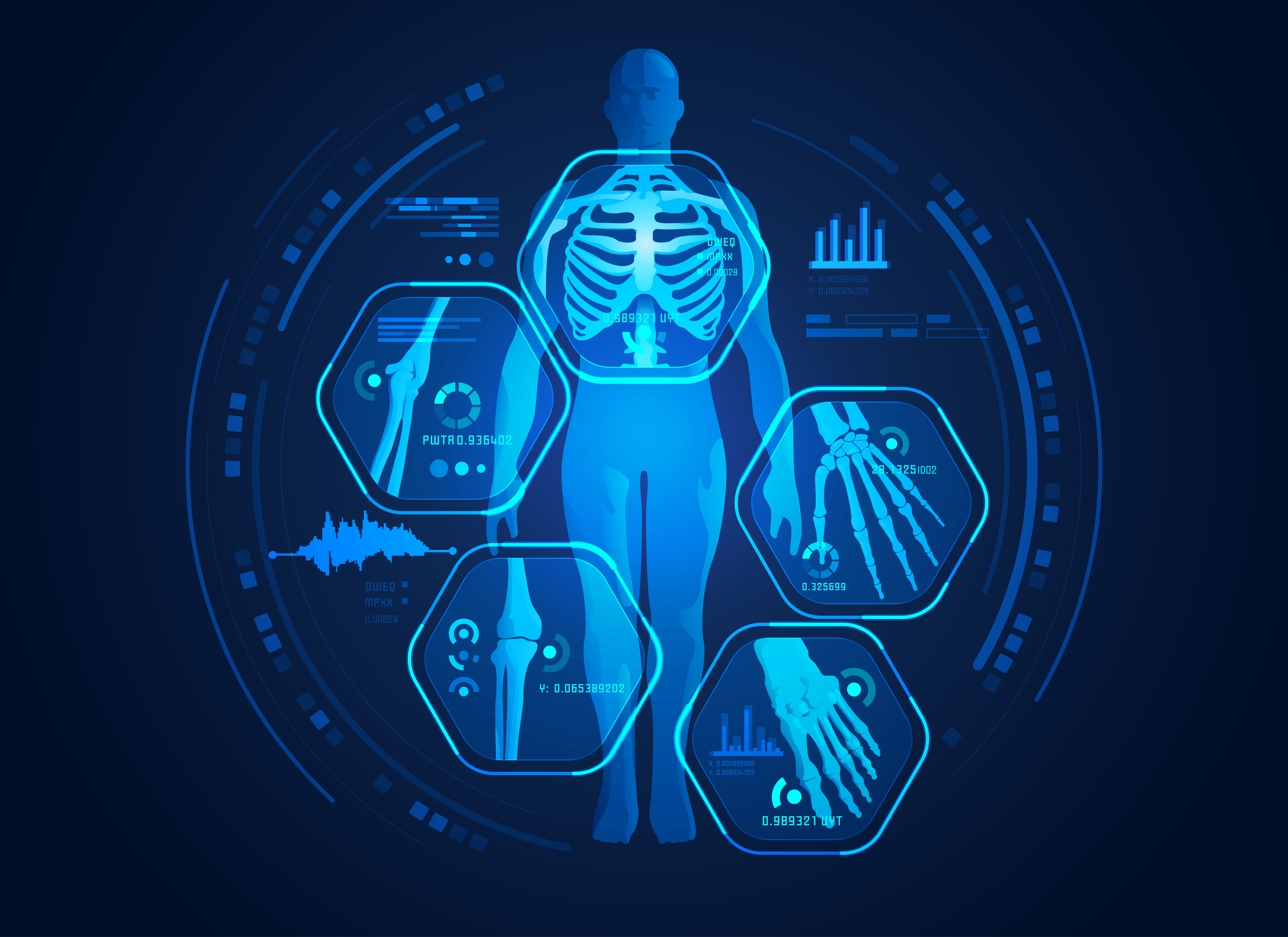
GE Healthcare has entered into a five-year partnership with Vanderbilt University Medical Center to develop cancer immunotherapies using artificial intelligence (AI).
According to a recent announcement, “the two institutions will create Artificial Intelligence (AI)-powered apps and positron-emission tomography (PET) imaging tracers to predict how individual patients will respond to immunotherapies – in advance, before treatment.”
Currently, patients who are receiving immunotherapy may not respond well to treatment and could experience severe side effects such as infections and inflammation of the internal organs. This is because it is difficult to know which patient will respond well to or reject a given treatment.
Clinical trials can also be affected, for when patients who are not the right match for specific treatments are recruited to participate in clinical trials, it can slow down the approval of new therapies.
With the aim of overcoming these hurdles, the partnership will develop multiple diagnostic tools to help predict the efficacy of an immunotherapy treatment and its effects for a specific patient before the therapy is administered.
Ben Ho Park, marketing director of Vanderbilt University Medical Center, which is based in the US, said the partnership will address this hurdle in an effort to make immunotherapy more mainstream.
“We don’t want to give a therapy that has a high likelihood of doing more harm than good. This is a big problem in immunotherapies. We’re relying on very primitive tools right now,” he added.
Park said he hopes the partnership will enable safer immunotherapies and greater precision in who immunotherapy can treat.
“It will allow us to predict whether they’re going to have a response and, equally important, whether they are going to have any side effects,” he said.
The project will involve analyzing and correlating the immunotherapy treatment response of thousands of Vanderbilt’s cancer patients, then developing AI-powered apps using anonymized data from patients including their demographic, genomic, tumor and cellular data. The AI apps will draw on this data to help physicians identify the most suitable treatment for each individual patient.
In addition, both organizations will develop new PET (positron emission tomography) imaging tracers, a technique that is used to observe metabolic processes in the body and aids medical professionals in the diagnosis of a disease. Together, the apps and tracers will help physicians to stratify cancer patients for clinical trials, with the hope that the PET tracers will also be used to monitor the efficacy of immunotherapies in everyday practice.
The first AI app prototype will be available by the end of 2019 and the PET tracer by the end of 2020.


